As a form of comprehensive activity including spiritual, material, religious, cultural and artistic aspects, spirituality and daily life... festivals were born and always have great significance in social life. Closely associated with the process of building and protecting the country and nation, traditional festivals have become an indispensable need of all classes of people, creating cultural diversity.Educating children about cultural traditions through festivals is a way to preserve and promote the cultural values of festivals, build and develop Vietnamese culture and people in the new situation.
Resolution 29 of the Central Executive Committee (11th Tenure) on fundamental and comprehensive innovation of education and training (abbreviated as Resolution 29) sets the goal: “Educating Vietnamese people to develop comprehensively and to best promote the potential and creativity of each individual; to love family, love the Fatherland, love compatriots; to live well and work effectively... to maintain the socialist orientation and national identity... Throughout the process of developing education and training, the strengthening of moral education, lifestyle, and traditional culture for students through local education programs has been implemented synchronously. Thanks to that, traditional festivals and local and ethnic cultural heritages have been included in teaching in schools in recent times.
Teacher Nguyen Thi Huong, a teacher at Dinh Cong Trang Secondary School (Thanh Liem), is one of those who participate in teaching local culture lessons. She shared: Before a set of books on local culture was compiled and put into teaching, we participated in building and selecting appropriate and typical content about the culture and history of districts, towns and cities. For example, regarding festivals, each district, city and town will select typical festivals to include in the program for students to research and study; through this, we educate students about national identity, the meaning of traditional festivals in social life; the behavior of people towards gods, those who have contributed to the country, and the heritage associated with festivals... From there, we arouse national pride, love for the homeland, and belief in the history and origins of the nation.
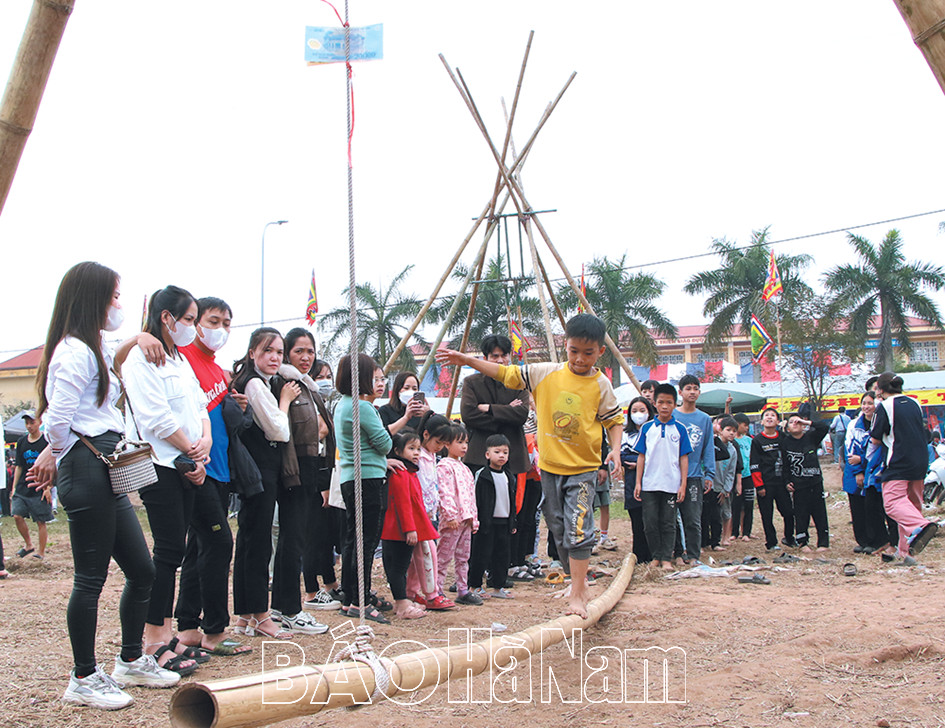
Lessons about the Lieu Doi Wrestling Festival - one of the typical festivals in Thanh Liem, taking place in the spring. Lieu Doi is a cultural area including many communes and villages in Thanh Liem, with a history of thousands of years. During its existence and development, Lieu Doi has created unique cultural heritages in literature, festivals, and tangible heritages... The Lieu Doi Wrestling Festival has a legend, closely associated with the development of the community, creating a sacred cultural activity, attracting people's lives. The festival attracts the participation of many classes of people, including children who wear loincloths and belts to wrestle since childhood, creating an exciting spring of martial arts in the region. One participant has hundreds of thousands of people cheering for them, they will understand the meaning of the rituals associated with legends and the wishes of people of all times. Protecting the country, protecting the home, being ready to sacrifice and contribute to the homeland are the core values of the festival passed down to generations of people.
Or like the Doi Son Tich Dien Festival, local children can participate in the festival when witnessing the rituals organized quite systematically in the vast space of spring. Images of buffaloes, plows, rice fields, land, seeds... will enter the children's minds, forming thoughts about life, origins, the universe and people. Later, when they grow up, they will understand why this land is chosen to plow Tich Dien. Tich Dien is plowing the fields, awakening the land. What is the difference between today's Tich Dien Festival and yesterday's and what is the core purpose of this festival? Children will be guided by adults to participate in festival activities such as: drawing buffaloes, making sticky rice cakes, plowing competitions, swinging, tug of war... People need strength to fight and win to build and protect the Fatherland and homeland; People also need to be skillful in their behavior and conduct to maintain solidarity and create harmony in life, so that they can have a "soft power" in culture to contribute to enhancing the overall strength of the nation. From here, children will grow up to understand the national spirit, become ethical and responsible citizens, and know how to respect their roots, ancestors, and forefathers.
Ha Nam is an ancient land, where there are still more than 1,800 relics, including communal houses, pagodas, temples, shrines, palaces, ancestral halls and famous landscapes that are thousands of years old and hundreds of years old. Associated with the relics are the formation and development of more than a hundred large and small festivals, creating a rich cultural identity. Festivals in Ha Nam take place all year round, but are mostly concentrated in spring.
Spring is the season of festivals. To understand the meaning of traditional festivals for children, it is necessary to experience and integrate. In fact, there is no festival, big or small, without the presence of children. Children participate in festivals in different capacities, but all contribute to creating a vitality, a hope, a transmission, and a continuation of the enduring source. There are traditional village festivals where, according to custom, women will lead or carry children through the holy palanquin to receive blessings for the children to live healthy, lucky, talented, and progressive lives. When children grow up, their minds contain a deep belief in the protection of the gods. The existence of that sacred belief fosters love for the homeland, respect for ancestors, and gratitude to those who have contributed to the country.
This is one of the ways to educate children about love and gratitude through traditional festivals. No need for books or dry scripts, festival rituals give children a strong cultural and ethnic worldview from an early age. As Professor, Dr. Truong Quoc Binh, former Deputy Director of the Department of Cultural Heritage, Ministry of Culture, Sports and Tourism said at the scientific workshop "Preserving and promoting the space of the Tich Dien - Doi Son Festival associated with national tourism development": "The festival "lives" thanks to the consciousness of the community, associated with the community, first of all the local community. The community nature of the festival is only born, exists and develops when it becomes a voluntary need of the community". Children approaching the festival, absorbing traditional culture from the festival must be based on experience, integration and orientation. Therefore, when organizing traditional festivals in modern society, the content of the festival must be educational, guiding people to form noble behaviors, attitudes, and perceptions; eliminating the tendency to pursue interests, greed, and other material constraints and self-interest.
Jiangnan
Source







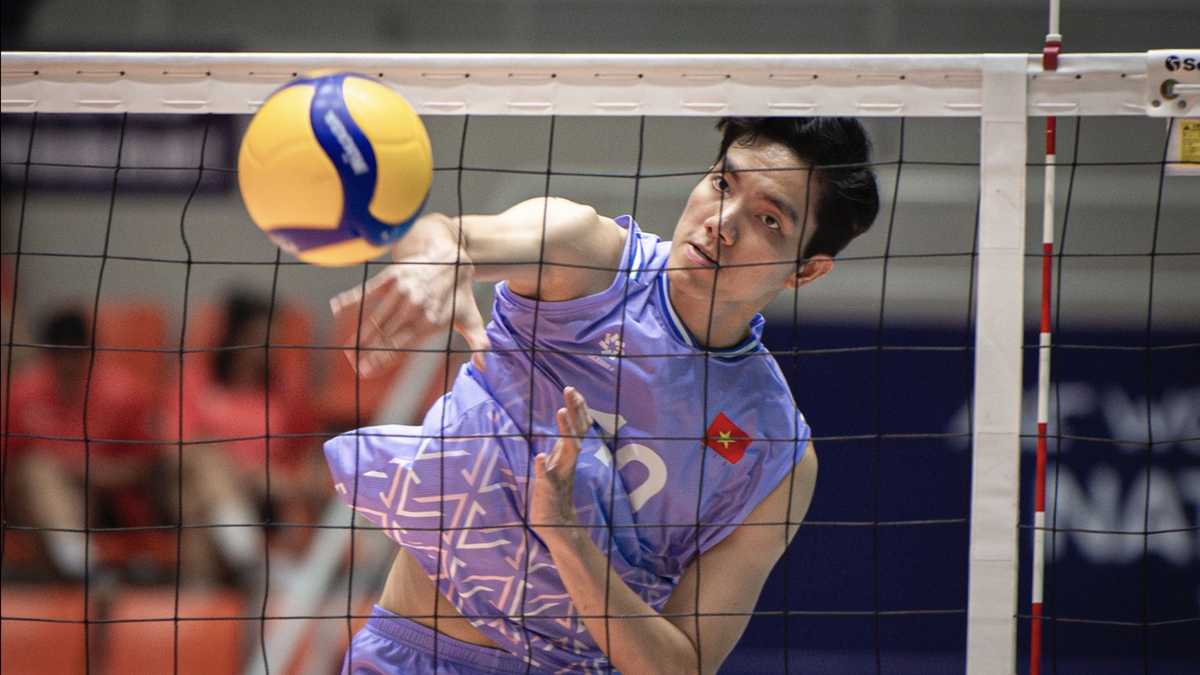
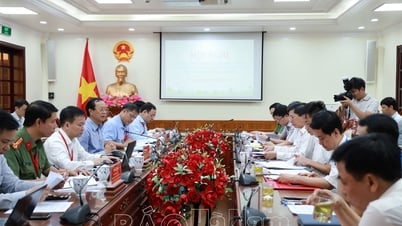

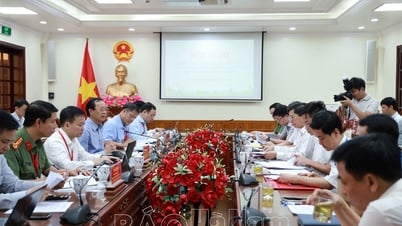
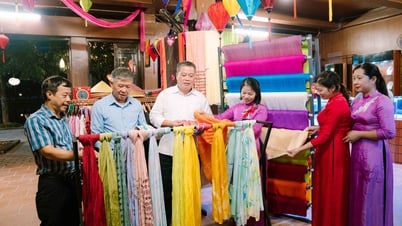




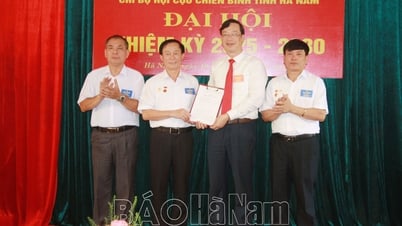




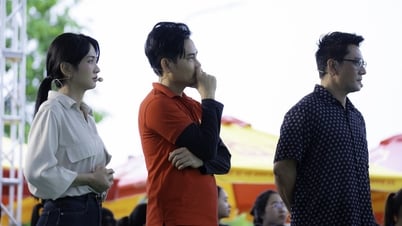
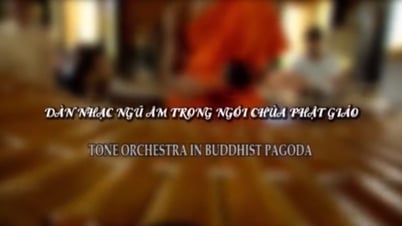

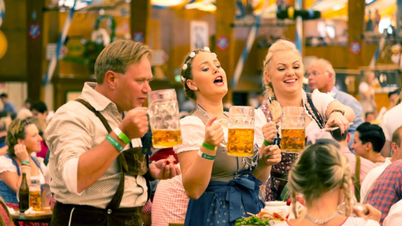
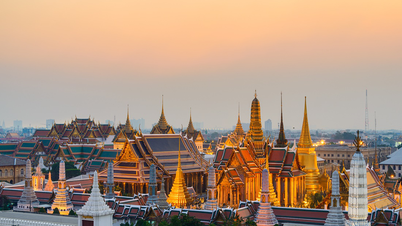
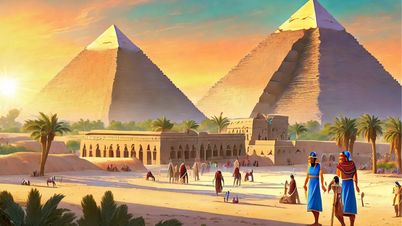

![[Photo] Prime Minister Pham Minh Chinh receives leaders of several Swedish corporations](https://vphoto.vietnam.vn/thumb/1200x675/vietnam/resource/IMAGE/2025/6/14/4437981cf1264434a949b4772f9432b6)








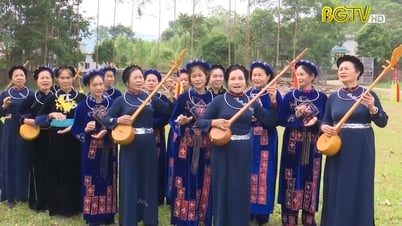










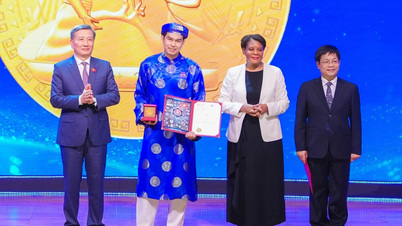










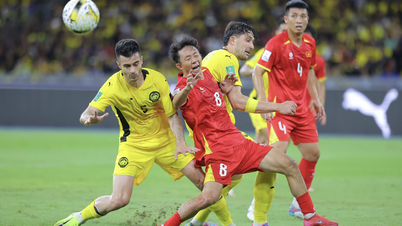










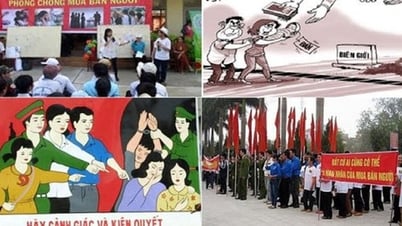
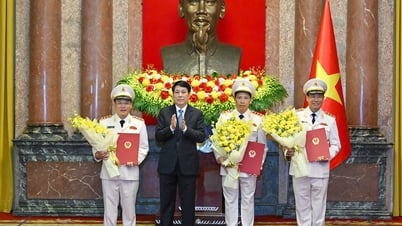

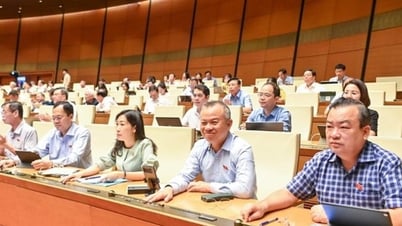

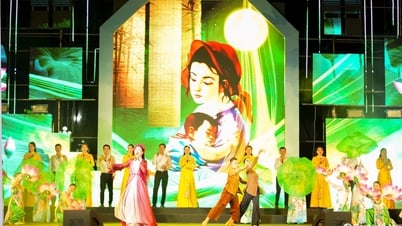

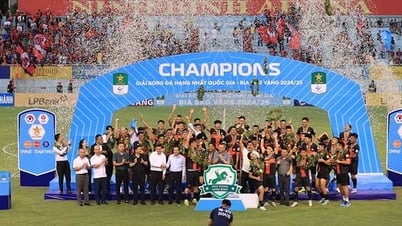

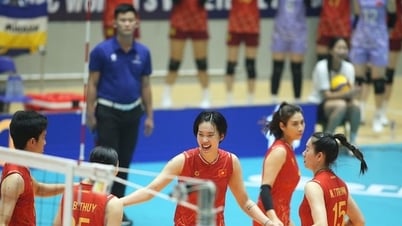
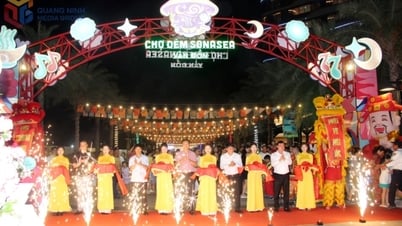

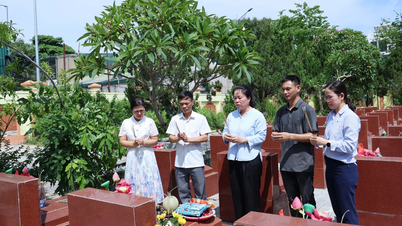

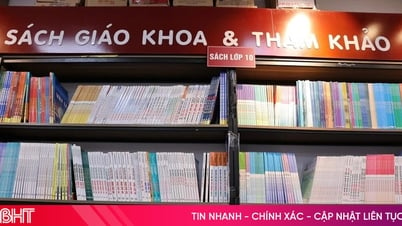







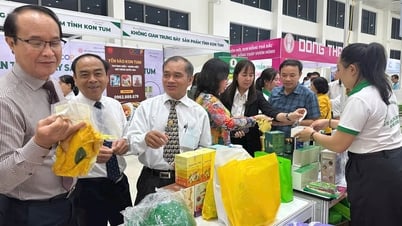
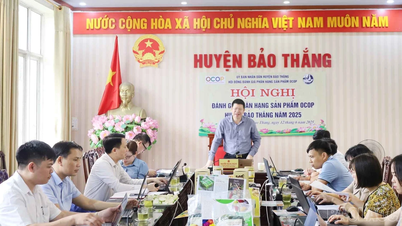

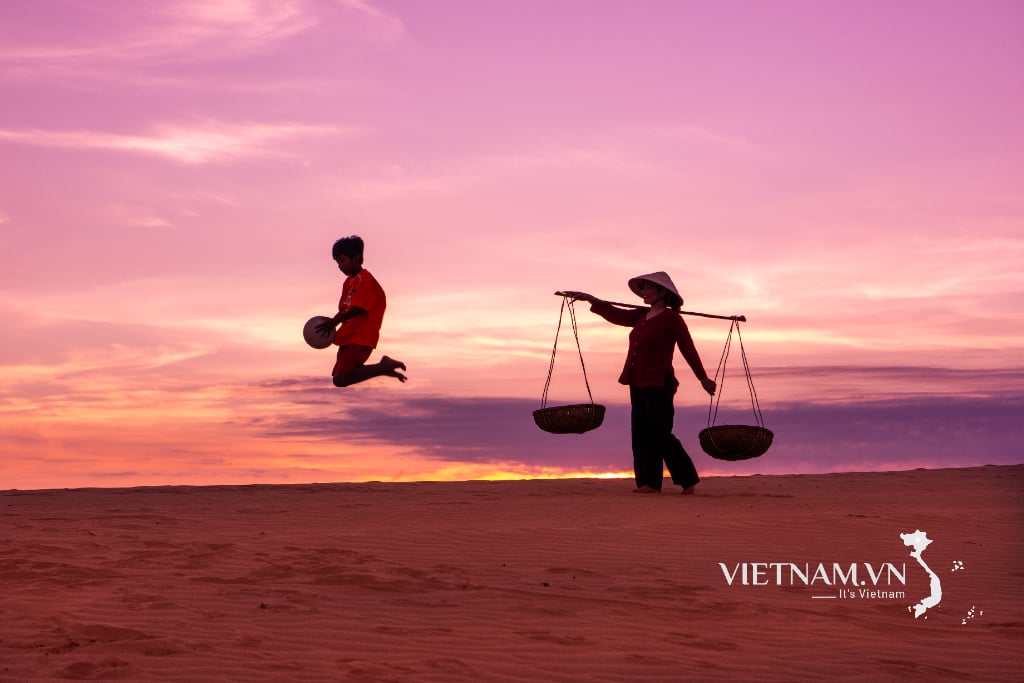
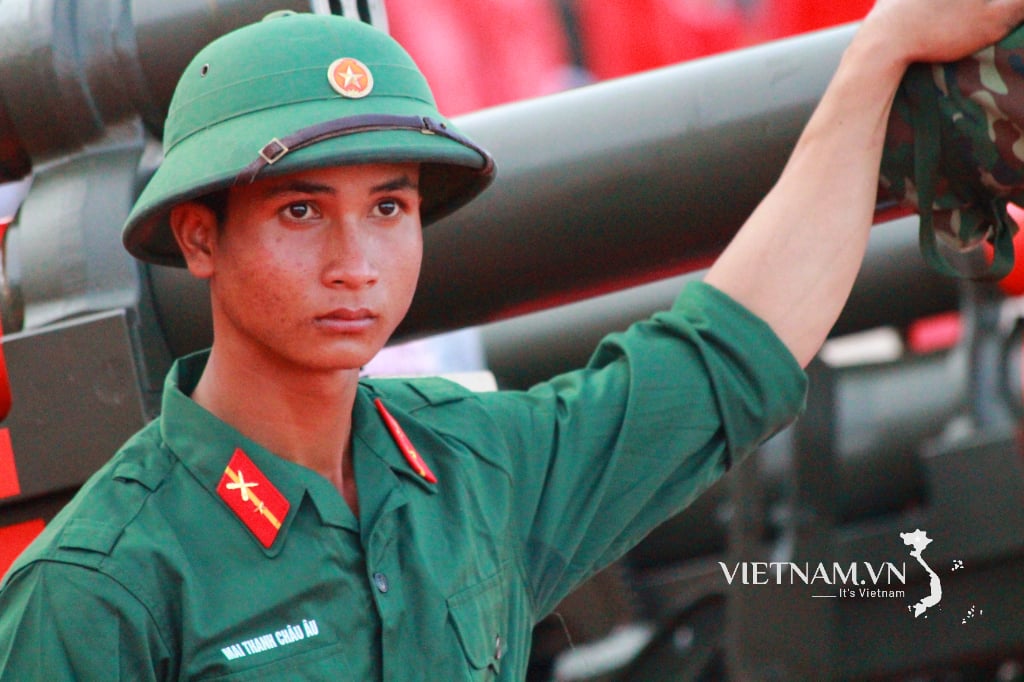

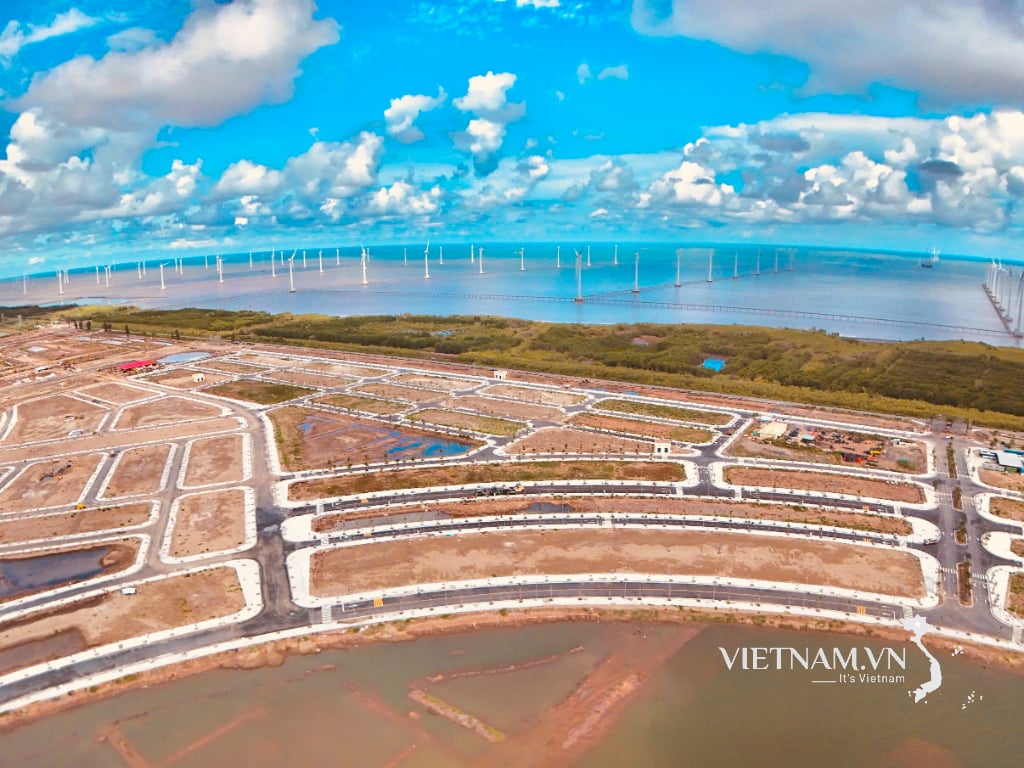
Comment (0)